A historic moment was made when Dewan Rakyat passed the Constitution (Amendment) Bill 2021 related to the Malaysia Agreement 1963 (MA63) on Dec 14 last year.
During the second reading of the Bill, 200 MPs voted in favour of the amendments with 20 absentees while during the third reading, 199 MPs voted in favour with 21 absentees.
None of the MPs objected to passing the amendments.
The amendments, according to De Facto Law Minister Wan Junaidi, are for the restoration of the original status of Sabah and Sarawak as equal partners in the federation of Malaysia, defining the terms of the federation to include MA63.
The amendments saw changes to Article 1(2) of the federal constitution, listing Sabah and Sarawak as states of the Malaysian federation separate from peninsular states.
More importantly, the changes to the federal constitution would also see a redefinition of ‘federation of Malaysia’ to give recognition to MA63.
“What we are doing here is to place the MA63 in the Federal Constitution in order to become the real Malaysia in the context of the three agreements — Federal Agreement 1948, Federal Agreement 1957 and the MA63.
“It gives dignity to Sabah and Sarawak as being part of Malaysia, which then created this country,” said the Sarawak-born minister.
RESULT OF THE AMENDMENT
Following the Bill receiving assent of the Yang di-Pertuan Agong on Jan 19, Sarawak’s efforts to regain rights under the MA63 received a big boost this year.
Out of many, it has helped the state in restoring the state’s autonomy.
Amendments to Article 161A(6) and Article 161A(7) allocate that the definition of the original races in Sarawak is no longer subject to provisions under the federal constitution, and can instead be determined by the Sarawak government.
The amendments involve the list of the states of the Federation in Clause 2 of Article 1; the definition of the Federation and the new definition of Malaysia Day in Clause 2 of Article 160; the indigenous races of Sarawak in Clause (6)(a) of Article 161A; and the removal of Clause 7 of Article 161A.
FIRST PREMIER IN THE COUNTRY
Several days after the constitutional amendments took effect, the Sarawak State Legislative Assembly (DUN) passed several amendments to the Constitution of the State of Sarawak on Feb 15.
Amongst it is restyling the term ‘Chief Minister’ to ‘Premier’ and also the term ‘Assistant Minister’ to ‘Deputy Minister’.
The amendments took effect on March 1, following the gazettement of the Constitution of the State of Sarawak (Amendment) Ordinance 2022.
Minister of Youth, Sports and Entrepreneur Development Datuk Sri Abdul Karim Rahman Hamzah, who tabled the Bill in the DUN, had said the amendments to the Federal Constitution restored the original spirit of the MA63 when Sarawak agreed to participate in the formation of Malaysia, where its status as one of the three provinces (Federation of Malaya, Sabah and Sarawak) should be maintained.
Therefore, he said, it placed Sarawak as one of the three provinces and considered its status was not the same as other states in the Federation of Malaya.
He also said as practised in other Commonwealth territories where the establishment was similar to Malaysia, the Head of the Federation is referred to as the ‘Prime Minister’, and the Head of the Territory that forms the Federation is referred to as the ‘Premier’, while other states are headed by the Chief Minister.
As such, he pointed out the changes would properly portray Sarawak’s status as different from other states in the Federation.
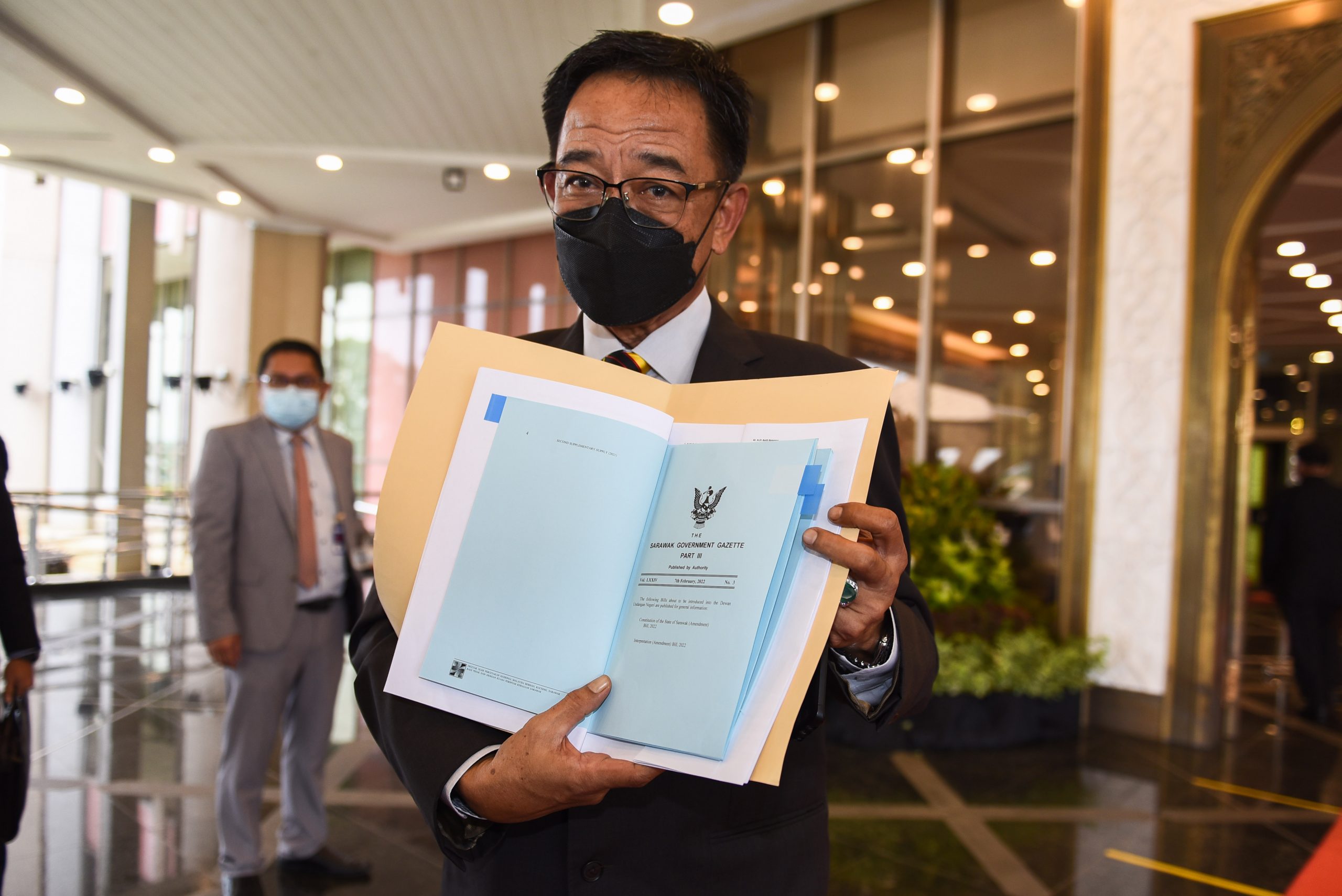
EFFORTS TO RETURN SARAWAK’S RIGHTS CONTINUE
Following these constitutional amendments, there have been calls for Sarawak to strive for more autonomy powers since matters involving the interests and rights of the people of Sarawak must be prioritised.
Premier Datuk Patinggi Tan Sri Abang Johari Tun Openg had assured that efforts to return Sarawak’s rights as enshrined in the Constitution and the MA63 would continue, and he had also said that Sarawak – as one of the regions that formed Malaysia – would continue to remain in the Federation.
According to him, most of the conditions in MA63 have been eroded and negotiations are being conducted and negotiations are being conducted between the federal government, Sabah and Sarawak to restore the conditions.
Denying the proposal for a new Malaysia Agreement, he emphasised that the Malaysia Agreement 1963 that was agreed upon by the country’s forefathers was fundamental to the establishment of the country.
“What Tok Mat (Barisan Nasional BN deputy chairman Datuk Seri Mohamad Hasan) proposed should not even be brought up.
“What we want is the implementation of the conditions enshrined in the Malaysia Agreement 1963 (MA63) and the results of the Inter-Governmental Committee (IGC) report.
“We don’t need to make a new agreement. If it’s a new agreement, it means you invalidate the old agreement. If you invalidate the old agreement, then the formation of Malaysia would be questioned,” he said.
REPRESENTATIVE IN IRB
The passing of the amendment to the Inland Revenue Board (IRB) of Malaysia Act 1995 (Act 533) by the cabinet clearly shows another achievement of the Sarawak Government in fighting for the Malaysia Agreement 1963 (MA63).
Its passing on Sept 30 able to give the Sarawak and Sabah Governments the opportunity to appoint representatives from their respective states to sit on the board of directors
Furthermore, the appointment of the representatives of the Government of Sabah and Sarawak is seen as being in line with the spirit of MA63 which is being fought for.
Following that, Abang Johari has named State Financial Secretary (SFS) Datuk Seri Dr Wan Lizozman Wan Omar to represent the state as a member of the IRB Board of Directors.
He said that Wan Lizozman was suitable due to his abilities and knowledge as a professional individual in the field.
“When there is a representative from Sarawak in the IRB, at least we know the facts and figures of the country’s income and the amount of value contributed by this state.
“From there too, we can come up with a reasonable and appropriate formula regarding the distribution of grants to the state,” he said.
In light of this, he also said the current MA63 negotiations with the federal government also involved special allocations to Sarawak as enshrined in Article 112D of the Federal Constitution.
According to him, Sarawak wants the special allocation to be distributed according to a formula with the best percentage of revenue generated by the state to be returned to Sarawak.
GPS GOVERNMENT VS PH GOVERNMENT
Comparing the time when Pakatan Harapan (PH) were given the power to govern, many see that during its 22-month reign, it had failed to put sufficient effort into solving the economic and social problems that Sarawakians are facing.
It can be seen that the PH government only made decisions that benefited Malaya when Sarawak badly needed healthcare services, roads, schools, and many more.
Making matters worse, many approved projects in Sarawak were cancelled during its reign.
This in turn had caused the Gabungan Parti Sarawak (GPS) government to spend their own money for some of the projects.
Protecting the rights of the people with its policy ‘Sarawak First’, GPs government had always prioritised its people and the state’s development.
Only when Wan Junaidi was appointed as the Law Minister can Sarawak along with Sabah had slowly regained its right as equal partners with Malaya.
This shows that all the efforts made under the leadership of GPS are significant because they are able to deliver by restoring the rights of Sarawak that have been eroded for a long time.
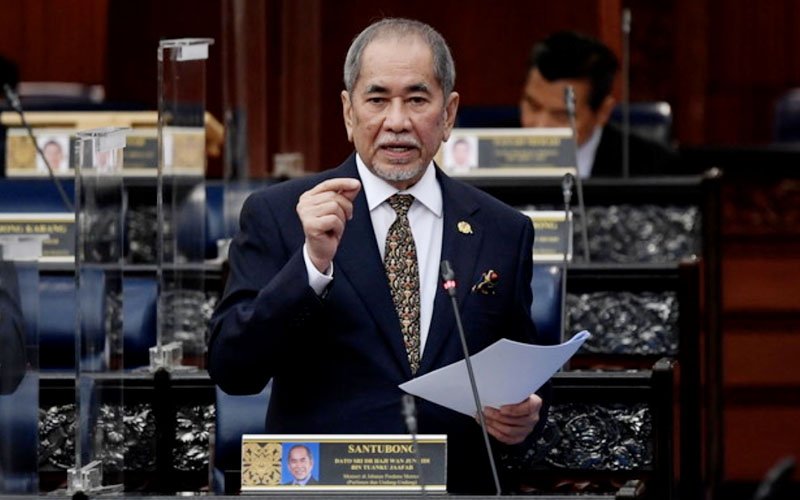






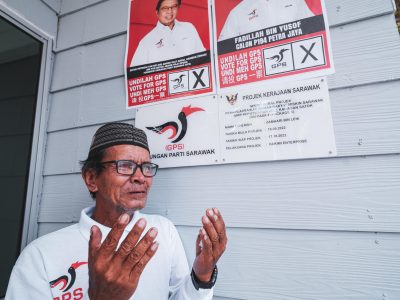
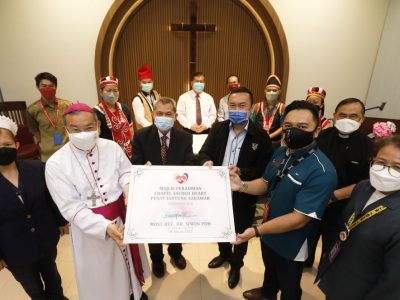
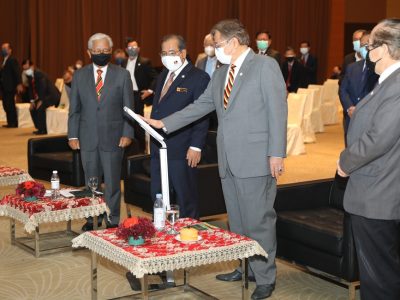


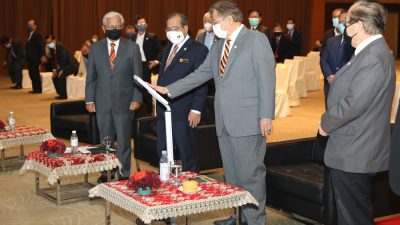
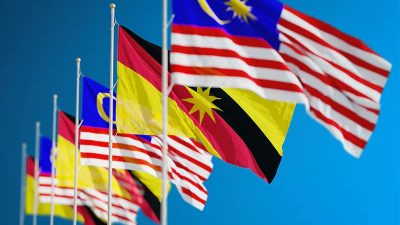
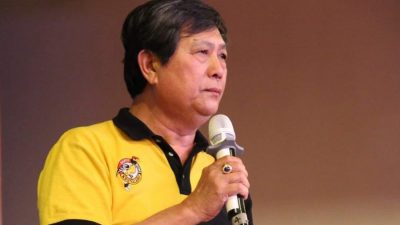
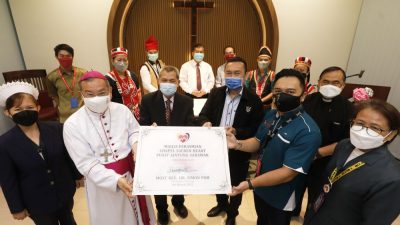



Comments